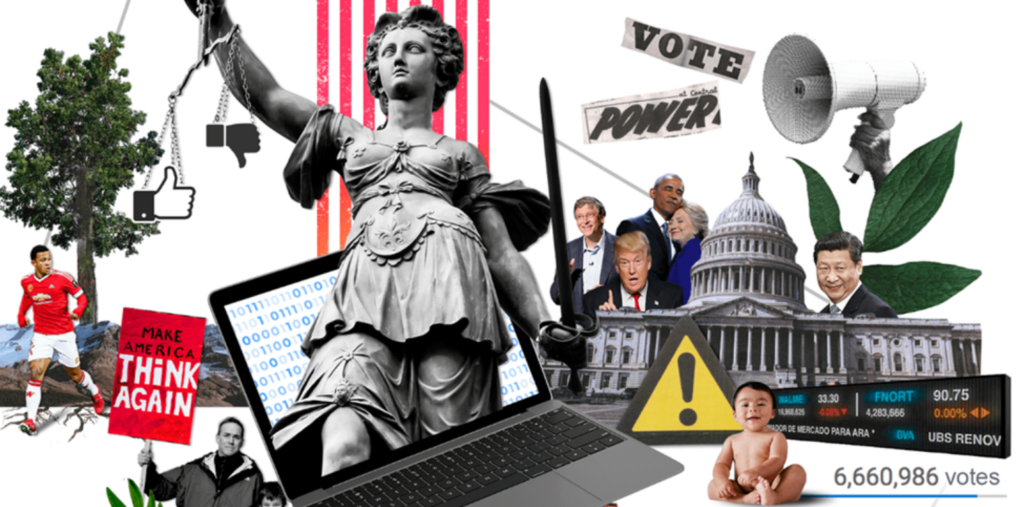blog post
Convincing Deepfakes and Phishing Attempts

The anticipated close call of the 2024 presidential election, which might hinge on a few crucial states, coupled with the rise of generative artificial intelligence, has put the cybersecurity community on edge.
Deep-rooted concerns emerge from the spread of misinformation that flies under the radar. “It’s a select few precincts in pivotal states that can shift the power dynamic,” observes Michael Kaiser, the driving force behind Defending Digital Campaigns (DDC). This non-partisan, non-profit initiative offers a cybersecurity shield to federal campaigns.
Kaiser contemplates a chilling scenario: “Imagine a fabricated video circulating within a local community group. Only those members catch it initially, unless it’s flagged to media. That’s where the real threat lurks.”
While deepfake technologies aren’t new – recall the buzzworthy 2018 video featuring President Obama – their refining capabilities might spearhead a deluge of counterfeit content aimed at swaying voters in key regions come 2024.
Concerns regarding AI-crafted deceitful content influencing the 2024 electoral landscape aren’t exclusive to Kaiser. Berkeley’s Hany Farid, speaking to NPR, emphasized how hassle-free it’s become to mimic a candidate’s voice. “For a mere $5 a month on commercial platforms, anyone’s voice can be replicated. You just type, and they speak. This trend is set to persist,” Farid asserted.
For Kaiser, the AI menace isn’t about a dystopian machine uprising but an influx of eerily accurate forged content. It could range from deceptive donation emails directing to malicious accounts to scandalous social media fabrications, beyond just videos that spread falsehoods.
“The advent of this deception is inevitable,” Kaiser warns. “Deceptive political tactics, enhanced by tools like Photoshop, have a history. With AI, the game changes. The tools are sharper, swifter.”
Kaiser identifies a spectrum of potential adversaries, from tech-savvy con artists to manipulative players to global powers intent on swaying American electoral outcomes. Each harbors distinct motives. While Kaiser’s DDC is committed to safeguarding federal campaigns from cyber threats at no cost, there’s an ambition to extend this shield to more localized campaigns.
However, Kaiser underscores that bolstering cybersecurity isn’t synonymous with breaking the bank. Simple measures, like enabling Google’s enhanced protection or activating multi-factor authentication across platforms, can be taken without incurring expenses.
“Cybersecurity doesn’t always carry a hefty price tag,” Kaiser stresses. “There’s a prevalent misconception linking cybersecurity to big budgets. We strive to debunk that. Many assume they can’t afford cybersecurity. I often respond, ‘For some measures, you actually don’t need a penny.’”
Author
Steve King
Managing Director, CyberEd
King, an experienced cybersecurity professional, has served in senior leadership roles in technology development for the past 20 years. He has founded nine startups, including Endymion Systems and seeCommerce. He has held leadership roles in marketing and product development, operating as CEO, CTO and CISO for several startups, including Netswitch Technology Management. He also served as CIO for Memorex and was the co-founder of the Cambridge Systems Group.
Lorem ipsum dolor sit amet, consectetur adipiscing elit. Ut elit tellus, luctus nec ullamcorper mattis, pulvinar dapibus leo.

